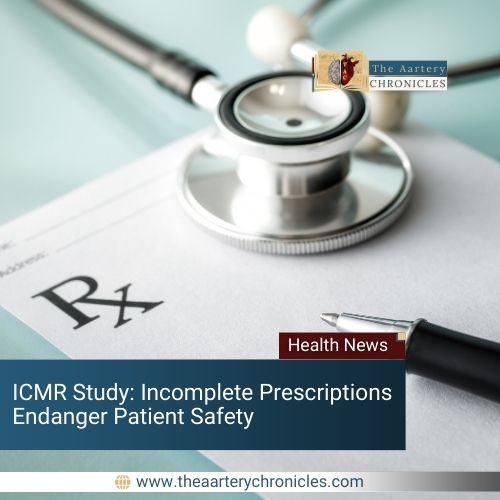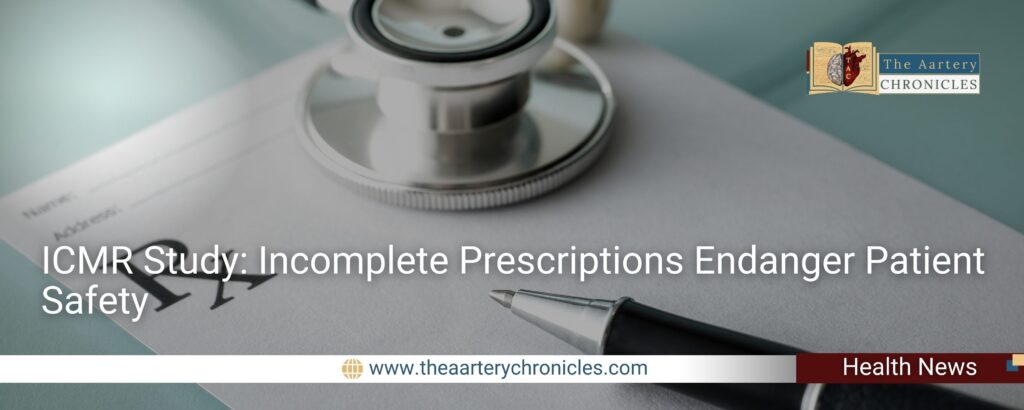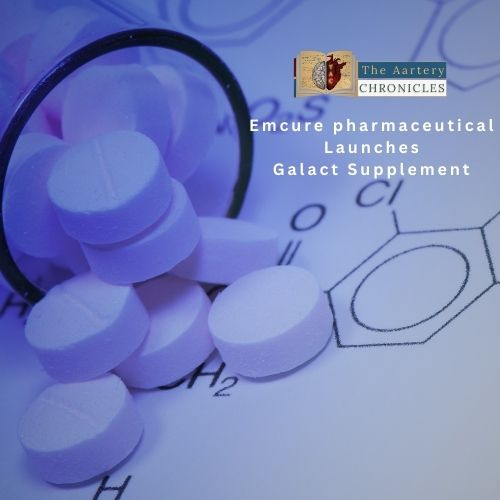

ICMR Study Reveals Concerns: Incomplete Prescriptions Endanger Patient Safety
Discover the latest findings from an ICMR study on incomplete prescriptions at elite medical institutes, raising concerns for patient safety.
Research Overview: Concerns Raised
Recent research conducted by the Indian Council of Medical Research (ICMR) has highlighted concerns regarding the behaviors of doctors at elite medical institutes, potentially jeopardizing patient safety.
Incomplete Prescriptions: Prevalent Issue
The survey, spanning 13 medical institutes, including prestigious institutions like AIIMS and Safdarjung, revealed that approximately 45% of doctors issue incomplete prescriptions to their patients.
Unacceptable Deviations Identified
Moreover, the study found that 10% of examined prescriptions exhibited “unacceptable deviations,” such as inappropriate medication prescriptions or multiple diagnoses, posing risks to patient well-being.
Study Details and Publication
Published in the Indian Journal of Medical Research, the year-long research project, titled ‘Evaluation of prescriptions from tertiary care hospitals across India for deviations from treatment guidelines & their potential consequences,’ was conducted from 2019 to 2020. It focused on outpatient departments of tertiary care hospitals housing 13 ICMR Rational Use of Medicines Centres.
Survey Scope
The survey was conducted in prominent government hospitals nationwide, including renowned institutions like Delhi AIIMS and Safdarjung Hospital.
Methodology Explained
The IJMR report detailed the methodology, classifying prescriptions not adhering to standard treatment guidelines and lacking essential details as ‘prescriptions having deviations.’ Any deviation capable of causing adverse drug reactions, increased expenses, or antimicrobial resistance was labeled as an unacceptable deviation.
Key Findings
Out of 7,800 patients’ prescriptions collected, 4,838 were examined, revealing deficiencies in 2,171 prescriptions. Shockingly, 475, roughly 9.8% of the prescriptions, were entirely erroneous. Additionally, 102 prescriptions indicated more than one diagnosis, with inappropriate drug prescriptions observed in some cases.
Surprisingly, doctors with significant medical practice experience were found to issue faulty or incomplete prescriptions, underscoring concerns about prescribing practices among experienced professionals.
Implications of Inappropriate Prescriptions
The report highlights the potential consequences of inappropriate prescriptions, emphasizing the need for adherence to standard treatment guidelines to mitigate risks to patient safety.
“All prescribers held postgraduate qualifications in their respective fields and had an average practice experience ranging from 4 to 18 years. In cases where patients presented with pain symptoms, analgesics were co-prescribed with pantoprazole. The prescription of gastroprotective drugs is warranted for patients at risk of developing peptic ulcers. Unnecessary prescription of pantoprazole may lead to potential side effects such as abdominal bloating, edema, and rash,” added the report.
Source: Inputs from various media Sources

Priya Bairagi
- Medicine and Diseases
- Nutrition and Diet
















